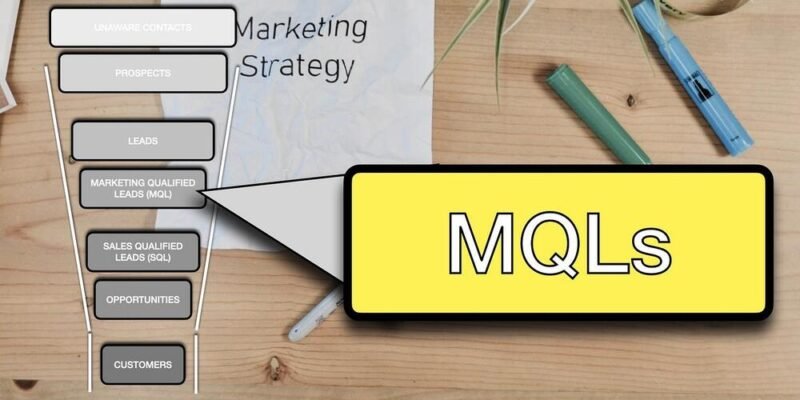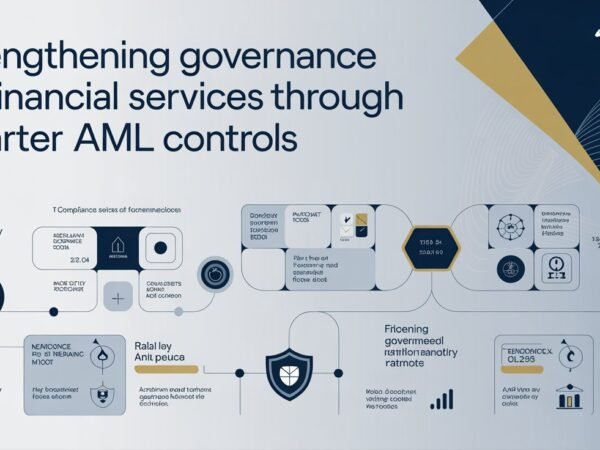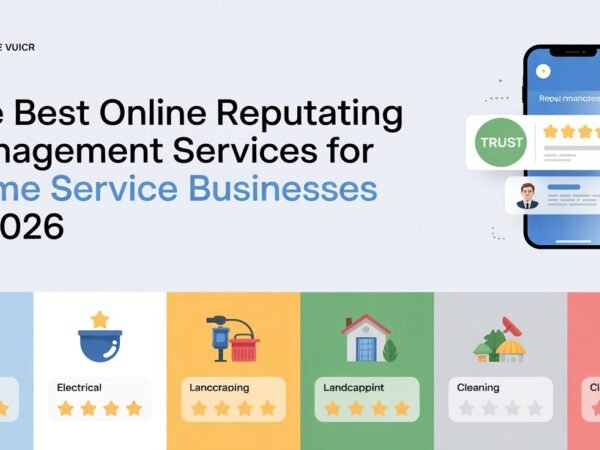In today’s highly competitive digital landscape, generating and nurturing marketing qualified leads (MQLs) is essential for businesses aiming to drive sustainable growth. Whether through connected TV advertising, OTT advertising, or performance marketing, capturing and cultivating these leads effectively can make the difference between success and stagnation. This article will explore the key strategies and practices that advertisers can adopt to generate and nurture MQLs, ensuring a robust and results-driven marketing pipeline.
Understanding Marketing Qualified Leads (MQLs)
Marketing Qualified Leads, or MQLs, are potential customers who have shown a significant interest in a company’s product or service. They differ from regular leads because they have engaged with your marketing efforts, indicating a higher likelihood of becoming actual customers. This engagement might include actions such as filling out a form, downloading a resource, or interacting with your content multiple times.
The Importance of MQLs in Digital Marketing
MQLs play a crucial role in digital marketing strategies as they help advertisers focus their efforts on individuals who are more likely to convert. By targeting MQLs, businesses can allocate resources more effectively, improve the efficiency of their campaigns, and increase their return on investment (ROI). The process of identifying and nurturing MQLs allows marketers to build relationships with potential customers and guide them smoothly through the sales funnel.
Generating Marketing Qualified Leads
1. Leverage Content Marketing
Content marketing is a powerful tool for attracting and generating MQLs. By creating valuable, relevant, and consistent content, advertisers can draw in prospects who are genuinely interested in their offerings. Key content types include:
- Blog Posts: Regularly updated blog posts on industry trends, best practices, and how-to guides can attract a steady stream of visitors to your website.
- Ebooks and Whitepapers: These in-depth resources can provide valuable insights to potential customers, encouraging them to share their contact information in exchange for access.
- Webinars and Online Workshops: Hosting webinars on topics relevant to your audience can help capture the attention of engaged prospects.
2. Utilize Connected TV and OTT Advertising
Connected TV (CTV) and Over-the-Top (OTT) advertising have become essential components of digital marketing strategies, especially for generating marketing qualified leads. These channels allow advertisers to reach highly targeted audiences with personalized messages, driving engagement and lead generation. CTV and OTT platforms offer advanced targeting capabilities, enabling advertisers to deliver their content to viewers who are most likely to be interested in their products or services.
3. Implement Programmatic Advertising
Programmatic advertising uses automated technology to buy and sell digital ad space. It enables advertisers to deliver highly targeted ads to specific audiences in real-time, improving the chances of capturing MQLs. With programmatic advertising, you can:
- Target the Right Audience: Use data-driven insights to target prospects based on demographics, interests, and behaviors.
- Optimize Campaigns in Real-Time: Adjust your campaigns on the fly to maximize performance and lead generation.
- Reduce Wastage: Focus your advertising budget on the most promising leads, minimizing spend on low-quality traffic.
4. Performance Marketing for Lead Generation
Performance marketing focuses on driving measurable results, making it a critical approach for generating MQLs. This model allows advertisers to pay only when specific actions, such as clicks, leads, or conversions, are completed. Key tactics include:
- Pay-Per-Click (PPC) Campaigns: Target specific keywords and demographics to drive traffic to your landing pages, encouraging lead conversion.
- Affiliate Marketing: Partner with affiliates who promote your products to their audiences in exchange for a commission on generated leads.
- Retargeting Ads: Re-engage visitors who have previously interacted with your website or content, guiding them further down the funnel.
Nurturing Marketing Qualified Leads
Once you’ve generated MQLs, the next step is nurturing them. This involves building and maintaining a relationship with the leads to convert them into sales-qualified leads (SQLs) and, ultimately, customers.
1. Email Marketing
Email marketing remains one of the most effective methods for nurturing MQLs. By sending targeted, personalized messages, you can keep your brand top of mind and guide prospects through the buyer’s journey. Effective strategies include:
- Segmented Campaigns: Divide your email list based on factors like behavior, demographics, and engagement level to deliver more relevant content.
- Drip Campaigns: Automate a series of emails that gradually educate and engage leads, leading them closer to conversion.
- Personalization: Use dynamic content and personalization tokens to address recipients by name and tailor content to their specific needs and interests.
2. Lead Scoring
Lead scoring is a system that assigns points to leads based on their behavior and engagement with your brand. This process helps you prioritize leads that are most likely to convert. Factors to consider in lead scoring include:
- Demographic Information: Age, job title, industry, and other demographic factors that align with your ideal customer profile.
- Engagement Levels: Frequency of interaction with your emails, website, and other marketing materials.
- Behavioral Triggers: Actions such as downloading content, attending webinars, or requesting more information.
3. Multi-Channel Engagement
To effectively nurture MQLs, it’s essential to engage them across multiple channels. This can include:
- Social Media: Share relevant content, interact with your audience, and use targeted ads to keep leads engaged.
- Content Syndication: Distribute your content across various platforms to reach a wider audience and keep your brand top of mind.
- Remarketing Campaigns: Use programmatic advertising to deliver tailored ads to MQLs as they browse the web, reminding them of your offerings.
4. Personalization and Customization
Today’s consumers expect personalized experiences. Tailoring your communication and offers to the specific needs and interests of your MQLs can significantly increase your chances of conversion. Consider:
- Dynamic Content: Adjust website content, emails, and ads based on the lead’s previous interactions and preferences.
- Customized Offers: Provide personalized discounts, free trials, or other incentives that appeal to the specific needs of the lead.
Measuring and Optimizing MQL Strategies
To ensure the success of your MQL generation and nurturing strategies, it’s important to continuously measure and optimize your efforts.
1. Key Metrics to Track
- Conversion Rates: Measure how many MQLs are converting into SQLs and customers.
- Engagement Rates: Track how often leads interact with your content, emails, and ads.
- Cost Per Lead (CPL): Calculate the cost of acquiring each MQL to assess the efficiency of your campaigns.
- Lead Velocity: Monitor the speed at which leads move through your funnel.
2. A/B Testing
A/B testing involves comparing two versions of a marketing element (such as an email, landing page, or ad) to determine which performs better. Regular testing allows you to refine your strategies and improve your lead generation and nurturing efforts.
3. Continuous Optimization
Use the data and insights gained from tracking metrics and A/B testing to optimize your strategies. This might include refining your targeting, adjusting your messaging, or reallocating your budget to higher-performing channels.
Conclusion
Generating and nurturing marketing qualified leads is a vital component of any successful digital marketing strategy. By leveraging tactics such as connected TV advertising, programmatic advertising, and performance marketing, advertisers can attract high-quality leads and guide them through the buyer’s journey. Through consistent nurturing, personalized communication, and continuous optimization, businesses can convert MQLs into loyal customers, driving growth and profitability in an increasingly competitive market.
Also Read Interesting articles at Disboard.co.uk













